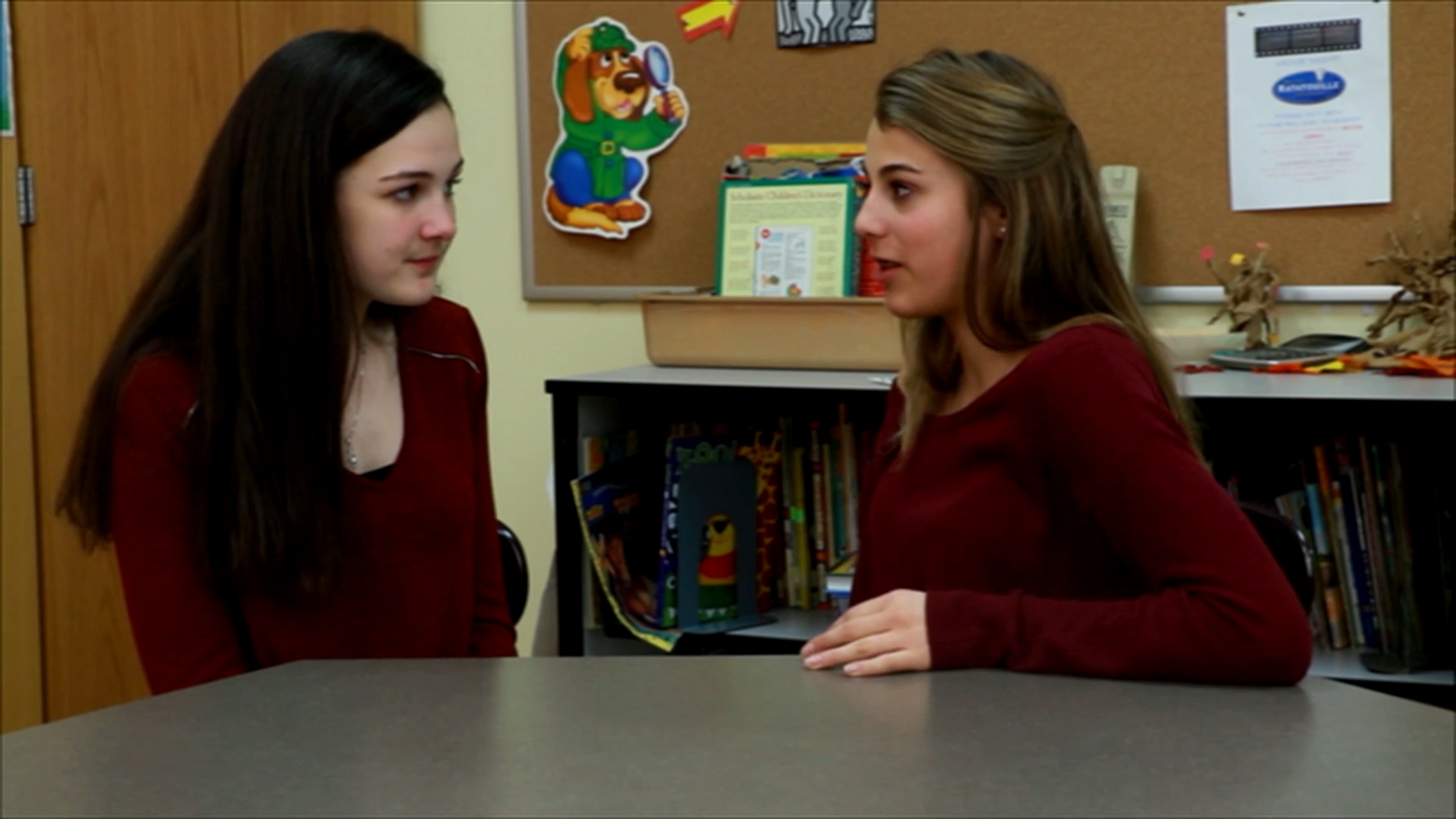
Introduction
In the realm of special education, developing effective Individualized Education Program (IEP) goals is critical to fostering students’ academic, social, and emotional growth. The skills represented in the target skill play a significant role in enhancing students’ learning experiences and overall wellbeing.
Understanding Active Listening and Engagement
The target skill observed from the skill text focuses on active listening and engagement. This skill is crucial for students as it impacts their ability to learn, interact with peers, and maintain emotional wellbeing. By actively engaging in conversations and displaying interest through tone of voice, body language, and maintaining the conversation, students can develop strong relationships and improve their communication skills.
The Role of Specialists
Various specialists can support the development of active listening and engagement in students:
- Speech-Language Pathologists: Assist in improving communication skills, including tone of voice, and understanding nonverbal cues.
- Social Workers: Help students navigate social situations and foster positive relationships with peers.
- Psychologists: Support emotional wellbeing by addressing any underlying issues that may affect engagement.
- School Counselors: Offer guidance on developing and maintaining positive social interactions within the school environment.
IEP Goals for Active Listening and Engagement
Below are specific SMART IEP goals that can be used to improve active listening and engagement in students:
- Goal: Increase the student’s use of engaged body language during conversations with peers by 50% within six months.
- Strategies and activities: Role-playing, group discussions, and practicing nonverbal cues in various social situations.
- Goal: Improve the student’s ability to maintain conversations with peers by asking relevant follow-up questions in 75% of interactions within three months.
- Strategies and activities: Social scripts, conversation starters, and practicing active listening skills during group activities.
- Goal: Enhance the student’s ability to use an excited tone of voice in 80% of interactions when expressing interest in a topic within six months.
- Strategies and activities: Vocal exercises, video modeling, and practicing appropriate tone of voice in various scenarios.
Implementing and Measuring Progress
To effectively implement these goals and measure progress, consider the following tips:
- Collaborate with specialists to develop tailored strategies for each student.
- Regularly observe and document students’ progress in various social situations.
- Provide constructive feedback and reinforcement to encourage continued improvement.
- Adjust goals and strategies as needed based on progress and individual needs.
Conclusion
Effective IEP goals for target skills, such as active listening and engagement, are essential in enhancing students’ learning, social interactions, and overall wellbeing. By implementing these goals and collaborating with specialists, educators can make a significant impact on their students’ lives. Explore more resources at Everyday Speech Sample Materials to further support the development of these crucial skills.







